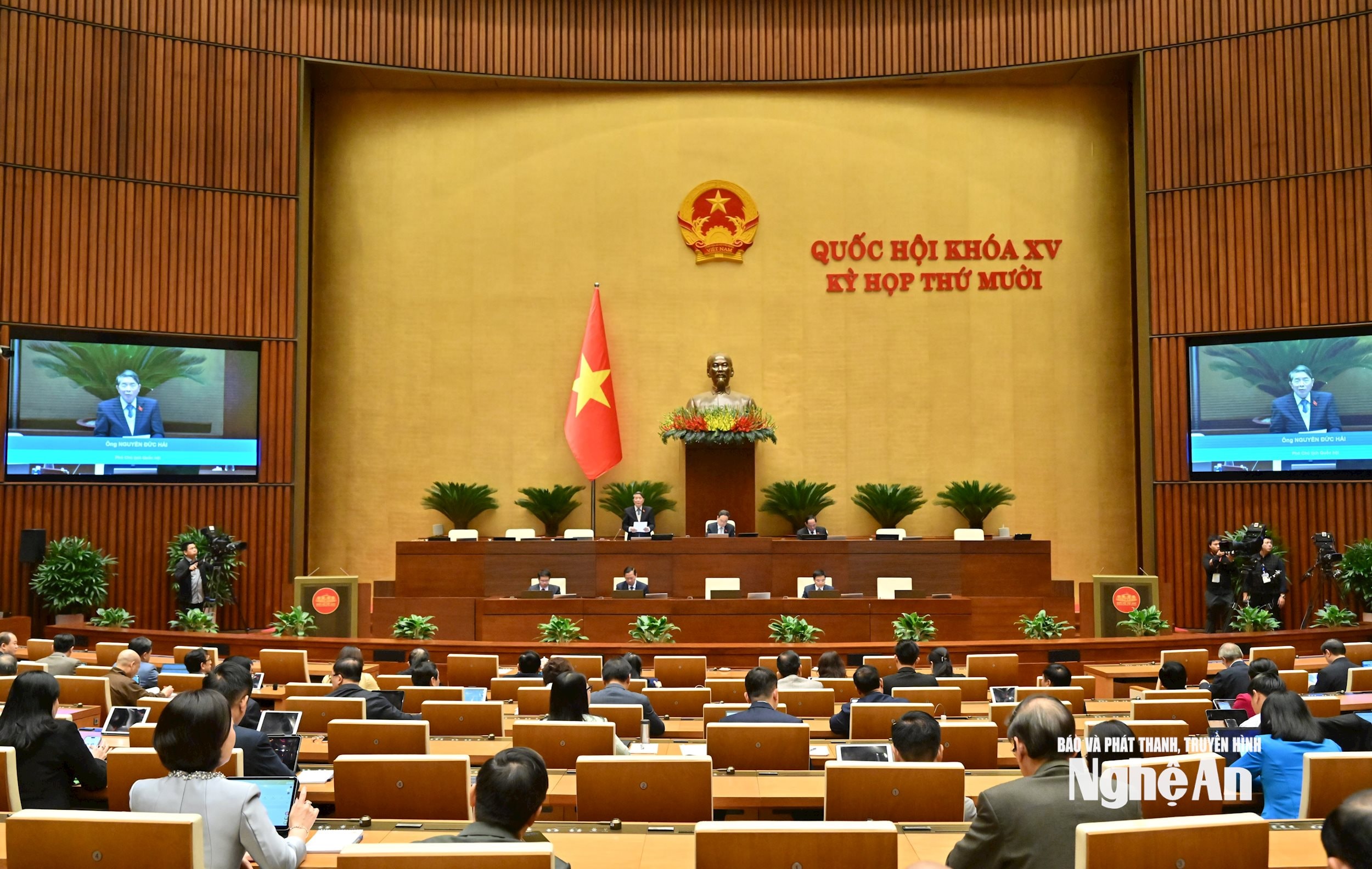
Contributing comments to the draft Law on Personal Income Tax (amended), delegate Nguyen Van Chi - Vice Chairman of the National Assembly's Economic and Financial Committee, delegate of Nghe An delegation focused on clarifying the group of policies related to business households and individuals, a very large-scale sector in the Vietnamese economy.
The delegate stated: Vietnam is a developing country, with a distinctive economic structure that has a large number of households and individuals doing business. This is a group that has participated in health insurance, but most of them do not have social insurance, do not have pensions and have to support themselves when they are old. Therefore, any changes in tax policy need to take into special consideration the population factor.
Regarding tax management, the draft stipulates that all business households will shift from paying lump-sum tax to calculating tax based on actual revenue through electronic invoices connected to tax authorities. On that basis, value added tax and personal income tax will be calculated proportionally.
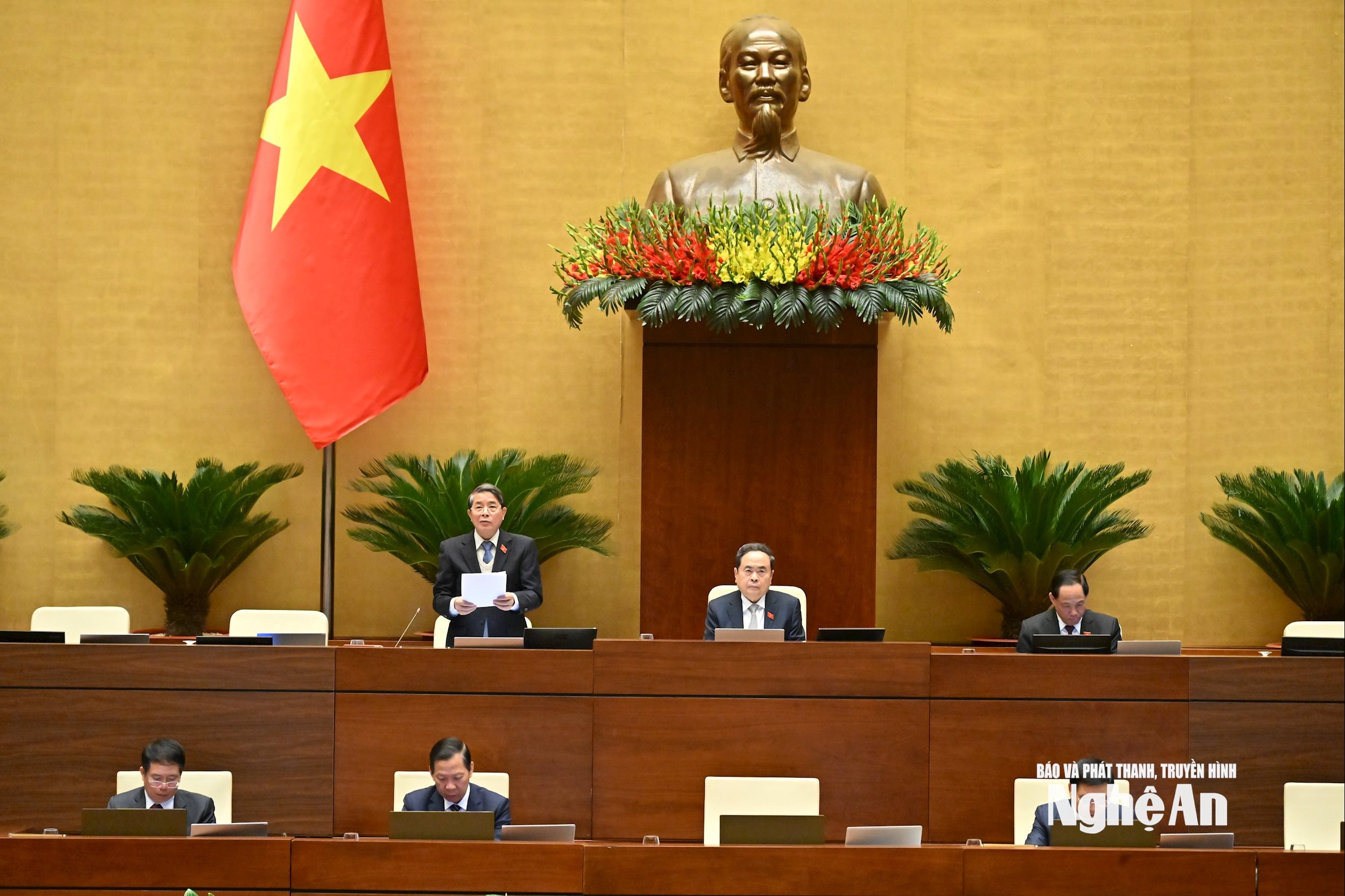
Delving into the analysis of the tax threshold for households and individuals doing business, the delegate from Nghe An cited the draft law stipulating that resident individuals with a revenue of over 200 million VND/year from business will have to pay personal income tax.
Delegate analysis: Currently, personal income tax applies a threshold of 100 million VND; the draft raises it to 200 million VND to be consistent with the amended Law on Value Added Tax.
However, if converted, the revenue of 200 million VND/year is only equivalent to about 16 million VND/month. Assuming a profit margin of 10%, the actual income of a business household is only about 1.6 million VND/month, which is much lower than the family deduction threshold for salaried employees (from January 1, 2026, the deduction for taxpayers is 15.5 million VND/month; the deduction for each dependent is 6.2 million VND/month).
This difference, according to delegate Nguyen Van Chi, shows that the tax policy in the draft for business households and individuals is showing many shortcomings. The level of equality between groups is not guaranteed.
She commented: This revision of the Personal Income Tax Law prioritizes tax reduction for salaried workers, especially those with high incomes or working in the fields of science, technology, and information technology. Many other professions, such as law enforcement, are also considered for tax exemptions and reductions.
Meanwhile, business households and individuals are not entitled to any form of deduction; meanwhile, with the shift from a lump-sum tax mechanism to calculating tax based on actual revenue, their tax obligations tend to increase compared to the current level.
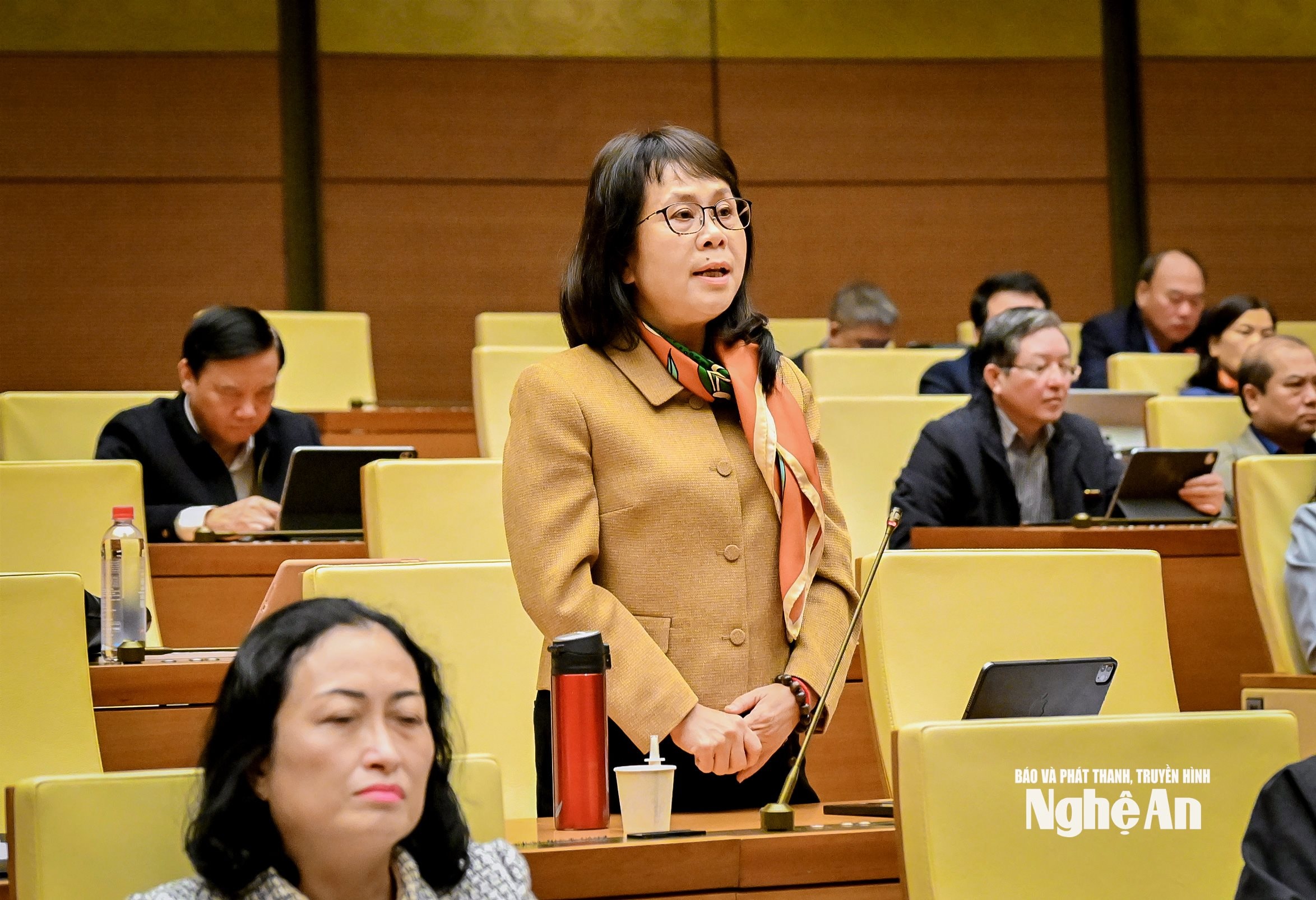
Delegate Nguyen Van Chi acknowledged the current drafters' approach to not taxing the first 200 million VND but starting from the 201 million VND, but according to her, this is not enough to reduce the burden on business households. Because when the actual revenue is recorded, the tax amount is expected to increase sharply compared to the current level.
From that reality, the delegate of Nghe An delegation recommended that the drafting agency should assess the impact more carefully, ensuring the principle of fairness between the areas: Business households and salaried workers.
One solution suggested by the Deputy Chairman of the National Assembly's Economic and Financial Committee is to reduce the collection rate of both value-added tax and personal income tax for business households, in order to keep tax obligations "no higher than the current level".
The delegate emphasized: The Personal Income Tax Law previously only applied to high-income earners, but now the target group has been expanded; therefore, the most vulnerable groups should be considered more carefully.
Source: https://baonghean.vn/dai-bieu-quoc-hoi-doan-nghe-an-thao-luan-ve-nguong-chiu-thue-doi-voi-ho-ca-nhan-kinh-doanh-10311923.html



![[Photo] National Assembly Chairman Tran Thanh Man holds talks with South Korean National Assembly Chairman Woo Won Shik](/_next/image?url=https%3A%2F%2Fvphoto.vietnam.vn%2Fthumb%2F1200x675%2Fvietnam%2Fresource%2FIMAGE%2F2025%2F11%2F20%2F1763629724919_hq-5175-jpg.webp&w=3840&q=75)
![[Photo] President Luong Cuong receives President of the Senate of the Czech Republic Milos Vystrcil](/_next/image?url=https%3A%2F%2Fvphoto.vietnam.vn%2Fthumb%2F1200x675%2Fvietnam%2Fresource%2FIMAGE%2F2025%2F11%2F20%2F1763629737266_ndo_br_1-jpg.webp&w=3840&q=75)


![[Photo] Lam Dong: Panoramic view of Lien Khuong waterfall rolling like never before](/_next/image?url=https%3A%2F%2Fvphoto.vietnam.vn%2Fthumb%2F1200x675%2Fvietnam%2Fresource%2FIMAGE%2F2025%2F11%2F20%2F1763633331783_lk7-jpg.webp&w=3840&q=75)
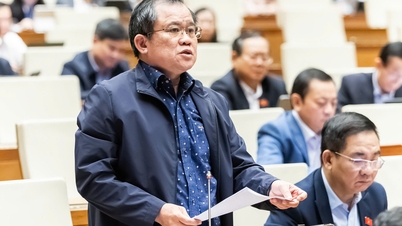





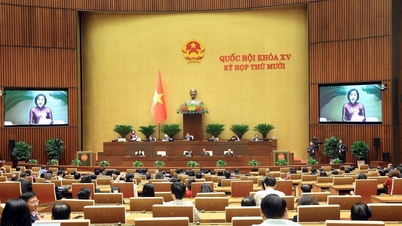

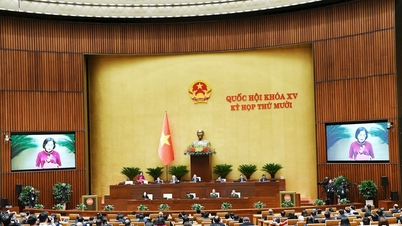






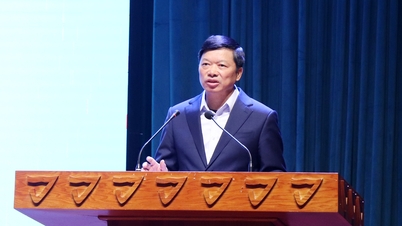





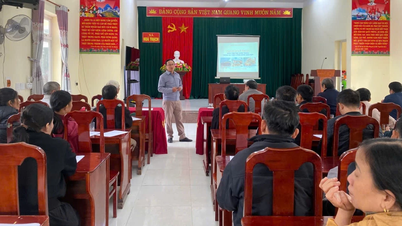








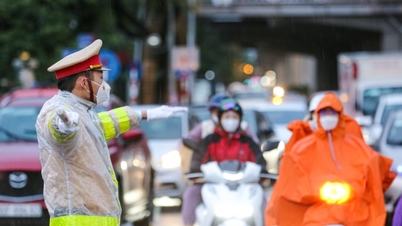
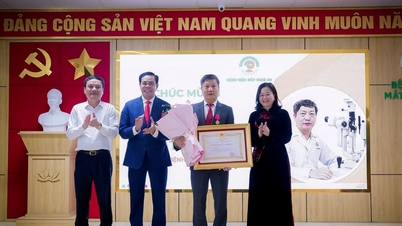
















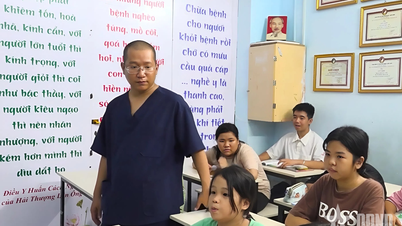

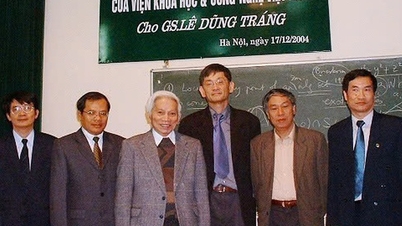


























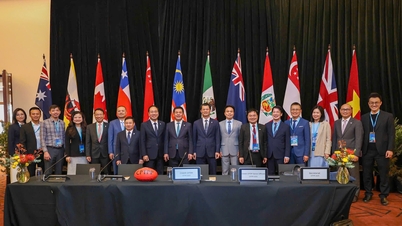

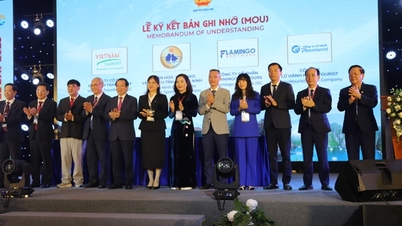

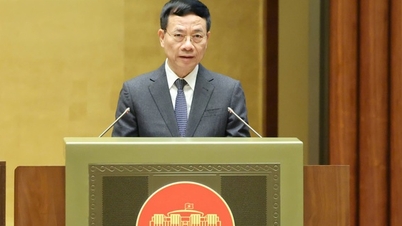




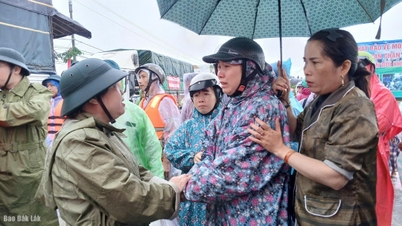



















Comment (0)